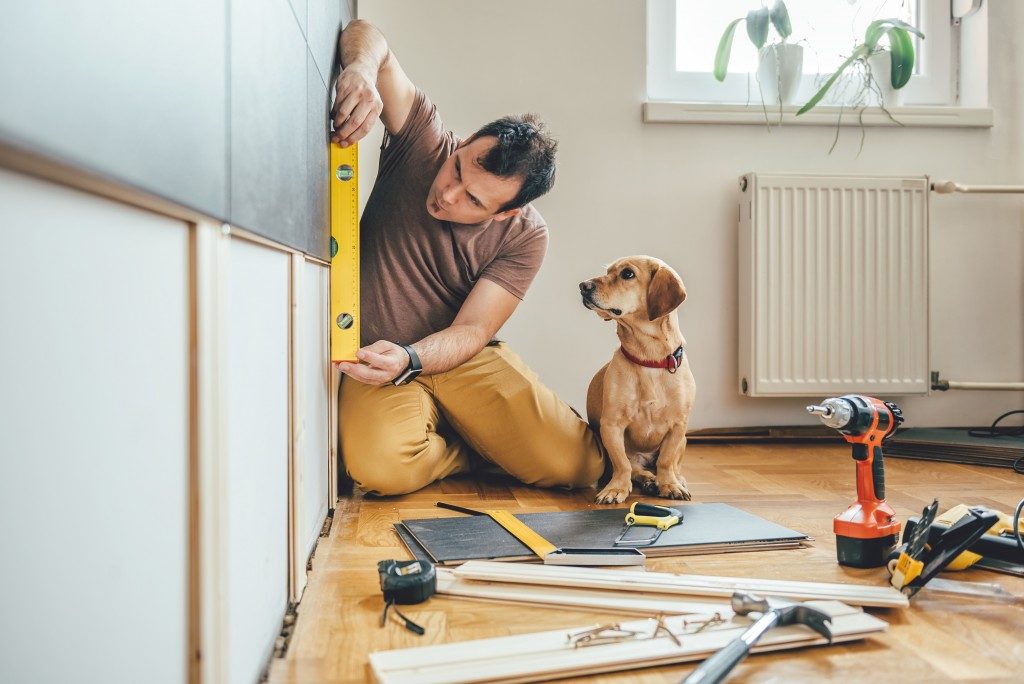You need to think carefully about whether you have what it takes to be a property developer or if you would be better off doing something else. Property developers get involved in all stages of real estate development—from finding properties and assessing their potential value to buying them, developing them, and selling them on as completed projects—and are at risk from start to finish. If things go wrong along the way, it can impact your wealth, as well as your business success and reputation.
There are also people willing to invest in property development. Whether you’re looking to diversify your portfolio or create a passive income stream, it can be beneficial to invest in property development as an investment strategy. However, property development isn’t something that should be taken lightly. There are various things to consider when investing in real estate, including the location, price point, and type of property involved.

Spend Time Researching the Site
It’s no surprise that you have to thoroughly research your target market before taking on any new venture, but it can be tempting to jump into a project without enough knowledge. The first step to making sure your property development is successful is to spend time researching your site and understanding what kind of amenities will be needed. Once you’ve completed an in-depth feasibility study, you can start putting together plans for success.
Pick Your Target Customer
You may think it’s going to be easy, but you’re going to have plenty of competition in property development. Make sure you choose an area that can sustain what you have planned—if people don’t want your product, they won’t buy it. It could end up being your biggest business risk! Before buying anything or signing any contracts, make sure you do some research into who will live there and why. This way, when you develop something new and shiny, it will perfectly fit your target market.
Improve Curb Appeal
The curb appeal of your property speaks volumes to visitors and prospective buyers. Maintaining good appearances, inside and out, is a great way to showcase your pride in ownership and inspire trust in potential buyers. Make sure you’re up-to-date on any necessary repairs, as well as personal touches such as landscaping or decor. Lawn and yard maintenance—including mowing, weeding, and trimming—can help you keep curb appeal points high.
Develop in a Good Location
Before you even begin planning your new business, it’s important to do some research. Find out what people in your area want, what their current trends are, and how they like to spend their money. Knowing where your future clients are will help you come up with ideas and solutions they need—and that they’ll be willing to pay for. It can also help you avoid certain pitfalls, like building in an area where crime is high or where there’s already too much competition.
Include Essential Services
First, you need to find out which essential services you’ll require on your site: water, electricity, sewerage, and drainage. The location of your new development will dictate whether there are utilities nearby. If they are, finding providers should be relatively straightforward. If not, however, you may have to run new cables or pipes into your site—which can be expensive. You may also want to think about installing renewable energy facilities such as solar panels. Your building plans should take these factors into account.
Check Legal and Financial Considerations
Before buying real estate, check whether it’s legal to do so. Many areas restrict which kinds of property can be purchased by foreigners and firms. Make sure you have permission to buy property in your country and that there are no outstanding taxes or debts on it. When you buy property, hire an accountant to handle all your financial matters. Your accountant should conduct due diligence on local tax laws, so they can prepare your taxes properly and ensure they’re filed on time.
Build Positive Relationships With People Around You
Like any other business, your real estate project requires you to build connections with people. Build positive relationships with realtors, land surveyors, contractors, and even engineers that might be able to help your business succeed. Make sure you also have good communication channels with your partners. Working in a team is much more effective than working alone.
A great way to kick off your development career is by taking on small projects that will force you to learn how to budget and improve your skills, but don’t be afraid to take risks—especially if they end up boosting your reputation. Don’t be scared of failure; while it may slow you down, you’ll bounce back faster than before.


